 |
| January 13, 2020 |
Dear Reader,
Research shows that nearly every diet fails in the long term. Yet each new year countless people resolve to lose weight. Most will not be successful, and many will regain what they had shed. Today's top story explores surprising hints that could explain why the rebound happens. From our January issue, the editors of Scientific American take a stance on banning "conversion therapy," the dangerous and discredited practice of trying to change an individual's sexual identity. And researchers in Australia and China are trying to use perovskite crystals to build cheaper and more efficient solar panels, but the material's stability remains an obstacle. |
| | Sunya Bhutta, Senior Editor, Audience Engagement
@sunyaaa | |
 |
| |
| |
| |
| |
| |
FROM THE STORE
 | |
The Mystery of Sleep The reason we need sleep has long mystified scientists, but it’s crystal clear that we do need it. In fact, the more we learn about what happens while we snooze, the more we discover new benefits for multiple processes including hormone balance, immune function, emotional health, learning and memory. Studies show that even one night of disturbed rest leads to measurable impairments, and for this mini-collection, we’ve gathered the most recent research on the mechanisms of sleep. |  | | |
| |
FROM THE ARCHIVE
 | | | |
| QUOTE OF THE DAY
 "An old saying posits that the definition of insanity is doing the same thing over and over and expecting different results. If the $60-billion dieting industry is any indication, our society is steps away from a straitjacket." Andrea Gawrylewski, Scientific American Health&Medicine | |
| |
LATEST ISSUES
 |
| |
| Questions? Comments?  | |
| Download the Scientific American App |
| |
| |






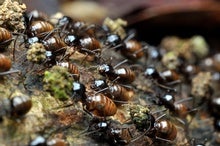
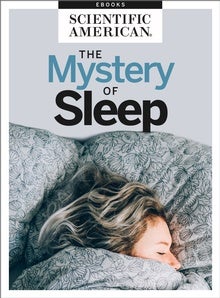


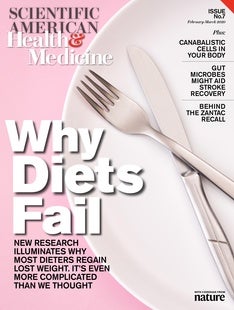

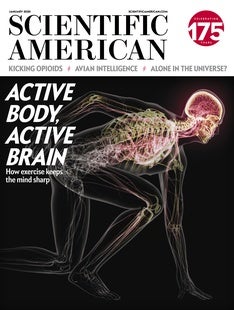
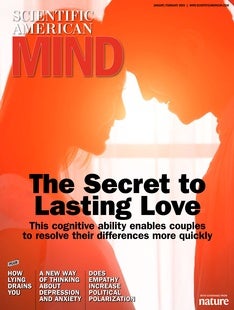
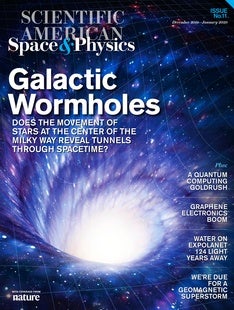



Comments
Post a Comment